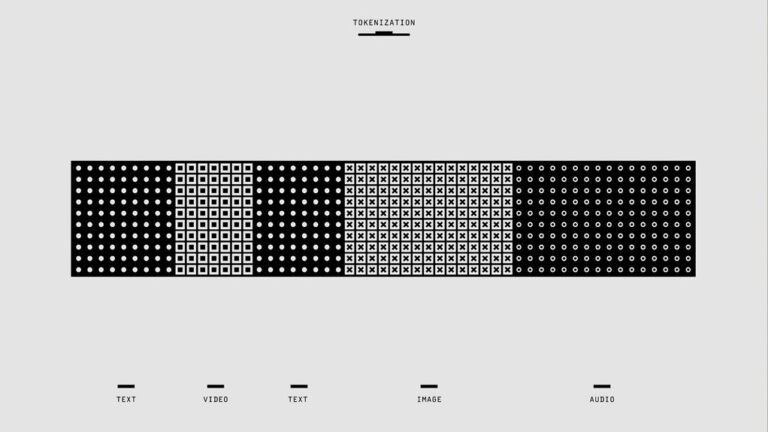Telecom Security & Risk Monitoring Unit 8667252290 9548335845 7272055399 7034682353 2812053796 4632096149
Did you know that over 90% of telecom companies have experienced at least one significant cyber threat in the past year? This stark reality underscores the necessity of robust telecom security measures. As you explore the functions and responsibilities of the Telecom Security & Risk Monitoring Unit, consider how their proactive approach shapes the safety of communication networks. What specific strategies do they employ to counteract these threats effectively?
Importance of Telecom Security in the Digital Age
As digital communication becomes ubiquitous, the importance of telecom security escalates significantly.
You need robust measures to safeguard data privacy and ensure network integrity. Every interaction carries sensitive information, making it vital to implement encryption, access controls, and vigilant monitoring.
Common Threats to Communication Networks
Telecommunication networks face a variety of threats that can compromise security and disrupt services.
You need to be aware of phishing attacks that exploit user trust, network vulnerabilities that expose systems, and data breaches that leak sensitive information.
Additionally, insider threats can arise from disgruntled employees, while malware infections and denial attacks can cripple operations, highlighting the importance of robust security measures.
Role of the Telecom Security & Risk Monitoring Unit
The Telecom Security & Risk Monitoring Unit plays a crucial role in safeguarding communication networks against evolving threats.
By implementing robust telecom governance frameworks, you can ensure compliance and resilience.
The unit conducts thorough risk assessments to identify vulnerabilities, enabling proactive measures to mitigate risks.
This strategic approach empowers you to maintain secure operations while promoting trust and reliability within the telecom ecosystem.
Best Practices for Enhancing Telecom Security
To effectively safeguard communication networks, implementing best practices for enhancing telecom security is vital.
Utilize robust encryption methods to protect sensitive data during transmission.
Regularly conduct network monitoring to detect anomalies and potential threats in real-time.
Establish strict access controls and conduct employee training to foster a security-aware culture.
These measures fortify your telecom infrastructure against evolving cyber threats while ensuring operational integrity and user freedom.
Conclusion
In a world where we constantly share our lives online, it’s ironic that many still underestimate the importance of telecom security. You might think that a simple password suffices, but as we’ve seen, even the smallest vulnerabilities can lead to significant breaches. By prioritizing robust security measures, you’re not just protecting your personal data; you’re contributing to the overall integrity of communication networks. So, while you enjoy seamless connectivity, remember: security is the real unsung hero of the digital age.







